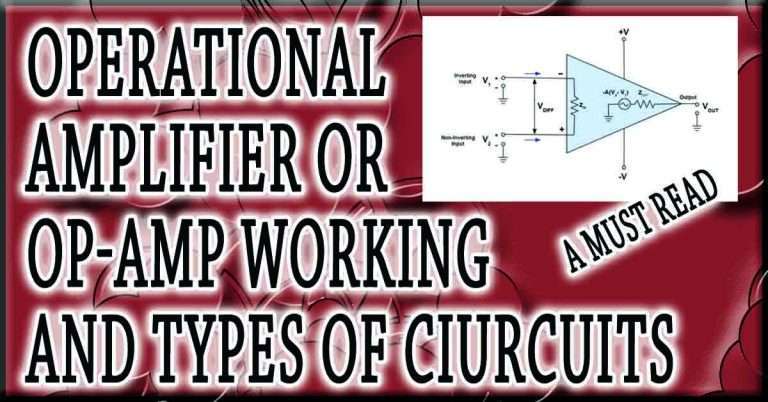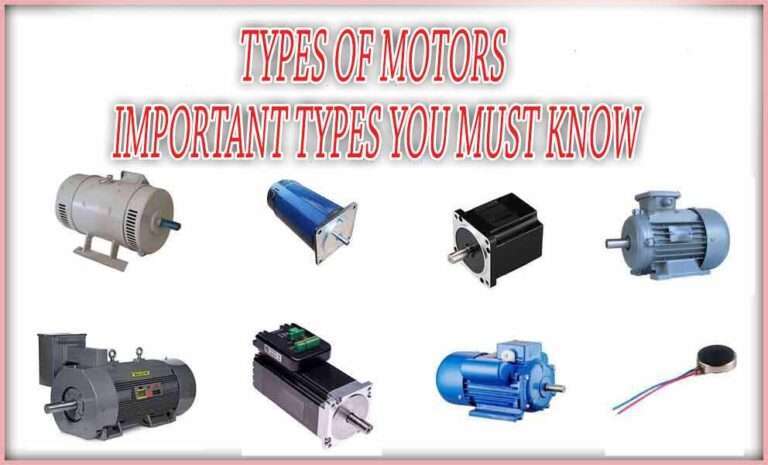Does Fast Charging Ruin EV? Important Concepts
Electric vehicles (EVs) are becoming an essential part of the modern transportation landscape. With the growing number of EVs on the road, fast charging has emerged as a convenient solution for quickly replenishing battery power. However, many EV owners and enthusiasts are concerned about the long-term impact of fast charging on battery health. Does fast charging ruin EV? Let’s explore into the details to answer this question and explore its technical aspects.

Table of Contents
Table of Contents
Does Fast Charging Ruin EV?
Understanding Fast Charging in EVs
Fast charging, also known as DC fast charging, enables EVs to recharge their batteries in a fraction of the time compared to conventional charging methods. This is achieved by supplying high power directly to the EV’s battery through specialized charging stations. While fast charging provides undeniable convenience, it raises concerns about whether it adversely affects battery life.
Does Fast Charging Damage EV Battery?
The short answer is: it depends on several factors, including battery chemistry, charging frequency, and thermal management systems.
EV batteries, typically lithium-ion, are sensitive to heat and voltage fluctuations. Fast charging generates more heat compared to standard Level 2 charging, which can degrade battery cells over time.
Most EV manufacturers design their vehicles with advanced battery management systems (BMS) to mitigate damage caused by fast charging. These systems monitor temperature, voltage, and current to prevent excessive wear. However, frequent use of fast charging can accelerate the natural aging process of batteries, reducing their overall capacity and efficiency.
Does Fast Charging Hurt EV Battery?
Fast charging impacts EV batteries in two key ways:
- Thermal Stress: High currents during fast charging produce significant heat, which, if not managed effectively, can lead to thermal stress on the battery cells. Prolonged exposure to heat can degrade the electrodes and electrolyte, diminishing the battery’s lifespan.
- Electrochemical Degradation: Fast charging speeds up chemical reactions within the battery, increasing the likelihood of side reactions that contribute to cell degradation.
While occasional fast charging is unlikely to cause significant harm, frequent reliance on it can result in noticeable battery capacity loss over time.
Does Rapid Charging Damage EV Battery?
Rapid charging, a term often used interchangeably with fast charging, can affect battery longevity in similar ways. However, the extent of the damage depends on the EV model and its battery cooling system. For instance, some EVs use liquid cooling systems to efficiently dissipate heat, minimizing damage during rapid charging.
It’s essential to note that rapid charging stations vary in power output. Charging at the maximum rate allowed by the station may not always be ideal for preserving battery health.
Does Fast Charging Reduce EV Battery Life?
Yes, fast charging can reduce the lifespan of an EV battery, but the reduction is not immediate or catastrophic. Studies suggest that regular fast charging can lead to a loss of about 1-2% of battery capacity annually. This may not seem significant initially but can become noticeable over several years.
Manufacturers address this by designing EV batteries with excess capacity to accommodate gradual degradation. For example, if an EV battery is rated at 100 kWh, only 90-95% of its capacity may be usable, leaving a buffer to extend its lifespan.
Does Fast Charging Drain Battery Faster?
Fast charging does not directly drain the battery faster during regular use. However, it can contribute to capacity loss, meaning the battery may hold less energy over time. This results in shorter driving ranges per charge, giving the impression of faster drainage.
To minimize capacity loss, it’s recommended to use fast charging sparingly and rely on slower Level 2 chargers for routine charging needs.
Is Fast Charging Bad for Your EV?
Fast charging is not inherently bad for your EV but should be used judiciously. Occasional use for long trips or emergencies is generally safe, especially for EVs equipped with robust thermal management systems. However, making fast charging your primary charging method may accelerate wear and tear on the battery.
Learn about How Much to Install an EV Charger at Home
Tips to Preserve Battery Health During Fast Charging
Limit Fast Charging Frequency: Use fast charging only when necessary and rely on slower charging methods for day-to-day needs.
Avoid Charging to 100%: Fast charging to full capacity generates more heat and stress. Stop at 80-90% to reduce wear.
Monitor Battery Temperature: Avoid fast charging in extremely hot or cold conditions, as temperature extremes can exacerbate degradation.
Choose Compatible Chargers: Use chargers that are certified for your EV model to prevent overcharging or voltage fluctuations.
Related Considerations for EV Owners
For those interested in optimizing their charging setup, understanding EV charger load calculation and the voltage drop calculation can help ensure an efficient and safe charging process. These calculations are essential for designing a home charging station or selecting a public charger that meets your vehicle’s requirements.
Final Thoughts
So, does fast charging ruin EV? While it does not “ruin” the battery outright, excessive and frequent use of fast charging can lead to gradual degradation of battery performance. The key is moderation and proper battery management. By understanding the implications of fast charging and adopting best practices, EV owners can enjoy the benefits of fast charging without significantly compromising battery life.
For more insights into EV charging and battery maintenance, explore related topics like EV Charger Load Calculation and Voltage Drop Calculation Table to enhance your EV experience.
Follow Us on Social:
Subscribe our Newsletter on Electrical Insights for latest updates from Electrical Engineering Hub
#FastCharging, #EVBatteryLife, #ElectricVehicles, #EVCharging, #FastChargingMyths, #EVBatteryCare, #RapidCharging, #SustainableDriving, #EVTechnology, #BatteryHealth, #FastChargeTips, #EVMaintenance, #ElectricCarCharging, #EVBatteryIssues, #GoElectric


